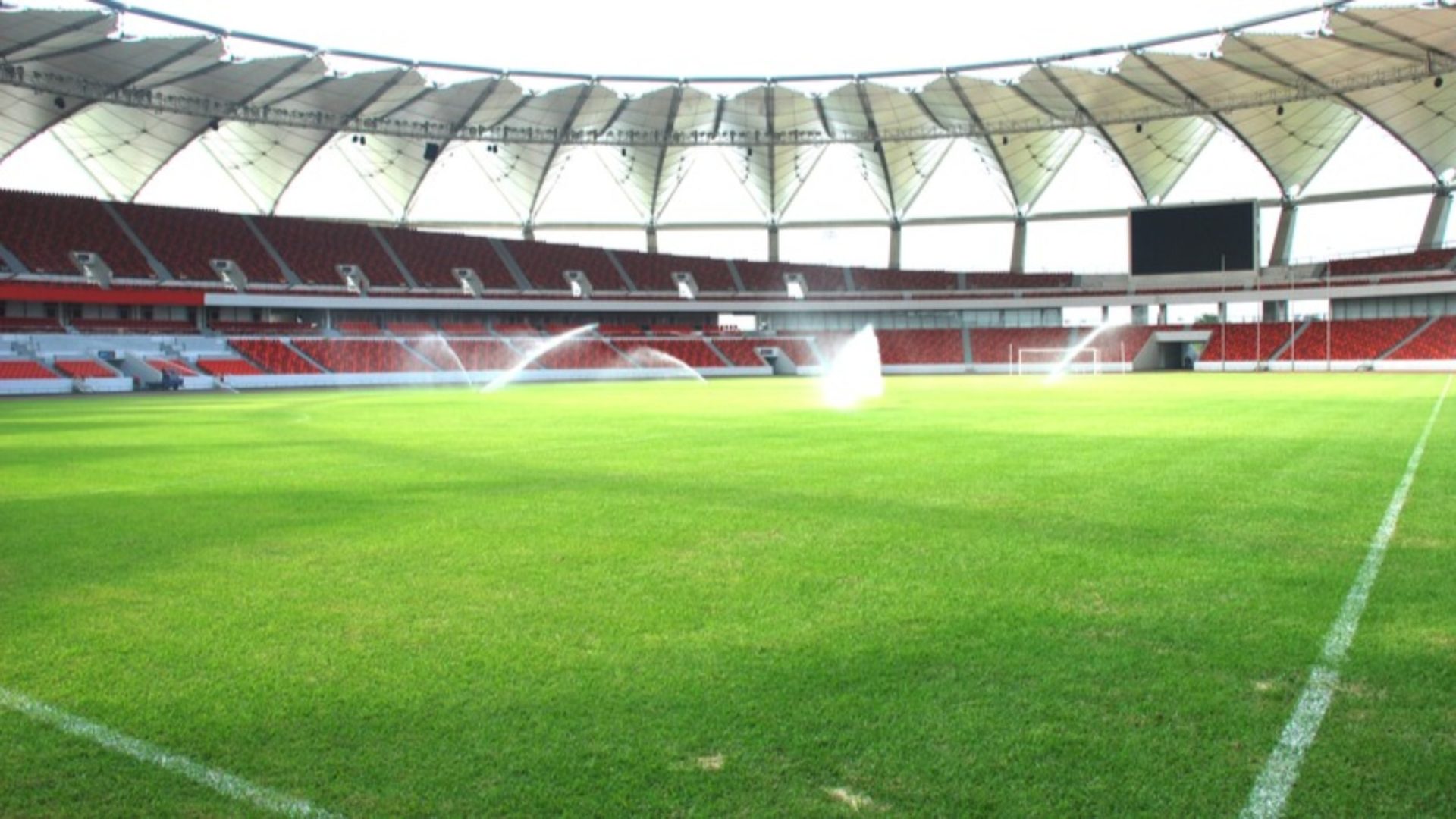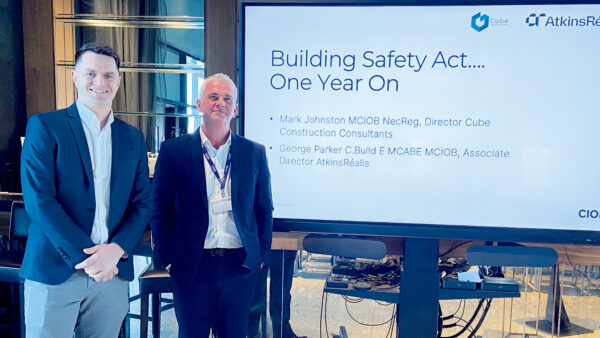
Construction and engineering lawyers Carly Thorpe and Alex Jones discuss the key issues for clubs and contractors to consider to avoid disputes during and after completion of football pitch works.
With the football season now over, many clubs will be arranging for upgrades and building works to their pitches over the summer. But before football clubs undergo any work, they must ensure they have taken all the necessary steps – including drafting and negotiating contracts for any pitch works – to recover their losses if things go wrong.
Contract and specifications
The first step is to make sure a written agreement is present and signed by both club and contractor. Where there is a lack of a formal written contract, many clubs unintentionally consent to the contractor’s terms and conditions, which contain tight exclusions and responsibility restrictions.
If a specific demand has not been included in a written contract that has been signed, the contractor may not be responsible. We would strongly recommend that time is taken at the start to ensure a signed written contract containing acceptable terms is agreed upon, preferably prior to the works commencing (or as soon as possible thereafter).
Furthermore, a clear specification should also be agreed between parties. Most of the pitch work disputes we handle are brought on by, or complicated by, the lack of a clear specification. It’s necessary to have a clear written document that confirms the performance requirement the pitch must meet.
The use of vague phrases such as “a full returf” is insufficient. Instead, think about using precise language such as “being able to withstand two games per week”, or making reference to a national norm, like the applicable league regulations i.e. the Premier League Handbook or the EFL Handbook.
The specification should also include whether additional measures, such as an irrigation system or undersoil heating, are necessary, as well as confirming the minimum and maximum sand contents for the upper root zone and the required materials mix for the pitch.
It is also important to confirm the anticipated lifetime of the pitch. For instance, are the works meant to keep the pitch going only until the following summer, or are they meant to be a more permanent fix?
Designing the pitch
We frequently see situations when the parties dispute who was in charge of designing the pitch. The club claims they wanted the contractor to build the pitch, so it met a specific standard, but contractor claims they just built what the club requested them to.
It can be very challenging to establish liability for faults in cases when a contractor does not have design responsibilities, and the contractor’s insurance is unlikely to pay the losses. We advise the parties to discuss design up front and ensure the contract specifically outlines each party’s relative obligations.
Insurance cover
Following the actual completion of the football pitch works, any contractor performing design work should be obliged to maintain professional indemnity insurance coverage for a minimum of six to 12 years.
Also, take into account who will be in charge of insuring the actual works while they are being done. Will this be covered by the insurance that is currently in place? Or is the removal of this necessary by the contractor? Recent confirmation of this insurance coverage should be obtained.
Independent supervision
Whilst a short-term cost consideration, in the long term it is a smart move to hire an impartial consultant to supervise the construction of the football pitch and certify that it is finished. By doing this, it’s more likely that any problems with the pitch will be discovered before the contractor receives its last payment and departs the job site.
Any independent consultant should be hired under a formal, written agreement that specifies the number of site visits necessary and whether the consultant is responsible for overseeing the work as it is being done or only to check it once complete.
It should also be agreed whether the consultant has responsibility for the pitch design (whether preparing the design or checking the design) and how the quality of the construction will be tested before completion to ensure it meets requirements.
Maintenance of the pitch
It’s advisable for clubs to work with the contractor to detail in writing what upkeep is necessary for the new pitch and who is responsible. This means that if any issues with pitch performance arise due to poor maintenance, it’s clear who is liable. The ground crew at the club should also keep thorough records of the upkeep, such as a daily site log.
Defects and faults
If football pitch works do go wrong, contractors will often seek to reduce their liability by arguing that the remedial works implemented by the club are excessive or amount to betterment.
To protect against this, we would recommend:
- Notifying the contractor of any issues discovered and asking the contractor to return to site and remedy the issues at their own costs.
- Engaging an independent consultant to advise on an appropriate remedial scheme.
- Giving the contractor an opportunity to comment on the proposed remedial scheme before it’s implemented.
- Taking photographs and videos of the pitch before, during and after any remedial works.
- Keeping records of the costs in fact incurred such as invoices and timesheets.
Conclusion
It’s important for businesses within any industry to ensure that clear contracts are in place ahead of any construction work that takes place to help protect both parties during and after the works. Contractors and clubs should seek legal guidance before proceeding with any pitch works in order to easily deal with disputes should any issues occur.
Carly Thorpe is partner and Alex Jones is director in the construction and engineering team at law firm Walker Morris.











